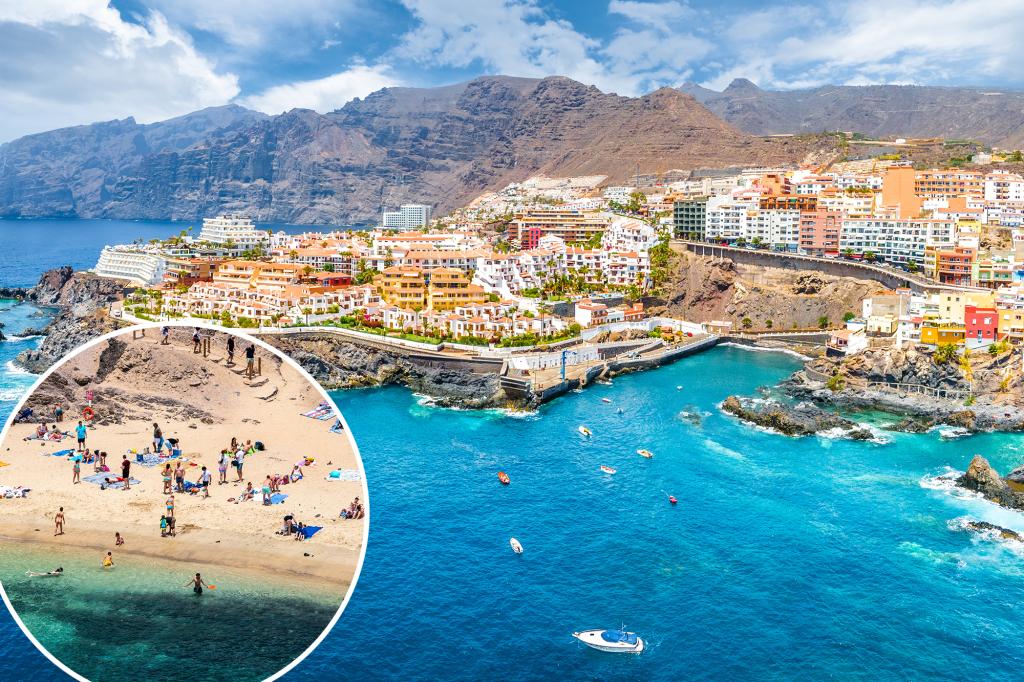The Canary Islands, a popular tourist destination in the Atlantic Ocean, have recently been facing issues of overtourism. The influx of tourists in recent years has led to strained resources and increased housing prices, making it difficult for locals to afford to live in the area. The construction of new hotels has further exacerbated the situation, prompting residents to organize protests and plan strikes against the impact of tourism on their community. Groups like Canarias Se Agota and Canarias se exhausts have been vocal in their opposition to the negative consequences of overtourism in the Canary Islands.
The number of tourists visiting the Canary Islands has significantly increased in the last decade, with 14.1 million foreign visitors in 2023 alone. As a result, locals are struggling to find affordable housing, leading some to resort to sleeping in cars and caves. Despite government officials arguing that the economy relies heavily on tourism, a significant portion of the local population is at risk of poverty or social exclusion. The worsening conditions for residents have fueled the formation of protest groups and calls for action to address the impacts of overtourism in the Canary Islands.
Residents have taken creative measures to deter tourists, such as placing fake “closed to overcrowding” signs in popular areas. The growth of online booking platforms like Airbnb and Booking.com has been criticized for contributing to the issue by driving prices up and putting further strain on resources. Locals argue that the expanding tourism industry is consuming the island’s resources at an unsustainable rate, leading to environmental damage and pressure on essential services. The negative repercussions of overtourism have prompted residents to push for change and demand a more sustainable approach to tourism in the Canary Islands.
Local government officials have acknowledged the concerns raised by residents and have proposed initiating conversations with various stakeholders to develop a plan of action. This plan aims to address the grievances of both locals and tourists, establish common guidelines, and ensure that tourism in the Canary Islands is conducted in a more sustainable manner. By engaging in dialogue with politicians, experts, and residents, officials hope to find a balance that benefits all parties involved and mitigates the negative impacts of overtourism on the community.
In response to the escalating situation, protest groups like Canarias Se Agota and Canarias se exhausts have organized hunger strikes and protests to draw attention to the challenges faced by residents due to overtourism. The increasing pressure on resources, rising housing prices, and growing environmental concerns have galvanized residents to take a stand against the negative consequences of mass tourism in the Canary Islands. By raising awareness and advocating for change, residents hope to safeguard their community and preserve the natural beauty of the Canary Islands for future generations.


